Areas of Expertise & Treated Conditions
Prof. Dr. Selim İsbir provides modern and safe solutions for a wide range of serious cardiovascular conditions, including heart valve diseases, aortic aneurysms, and vascular occlusions. Closely following the latest treatment approaches, he evaluates each condition on an individual basis and develops personalized treatment plans tailored to each patient.
Heart Diseases
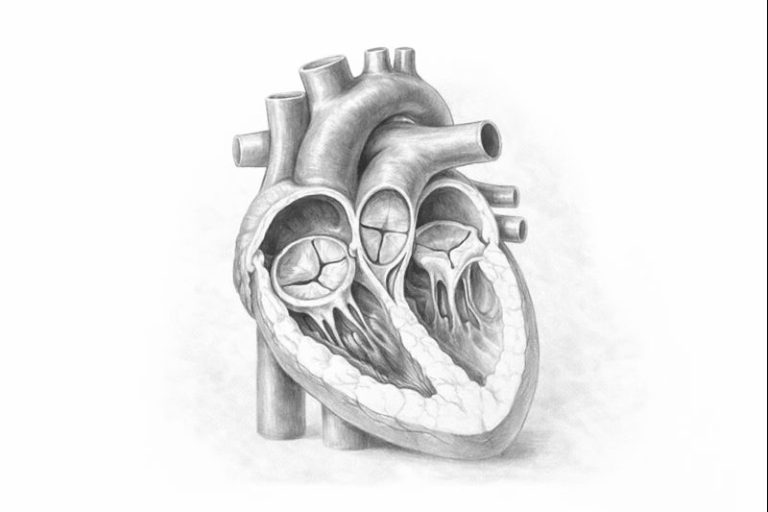
Heart Valve Diseases
Heart valve diseases are serious cardiac conditions that can be successfully treated with early diagnosis and modern surgical techniques.
Learn More →
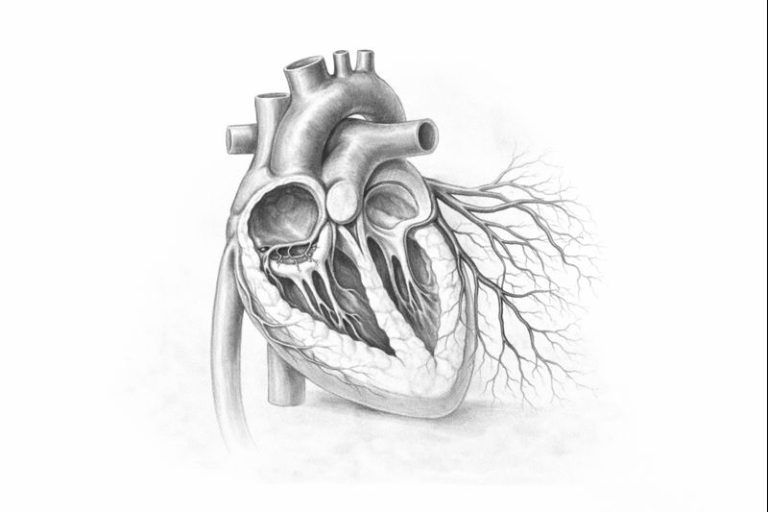
Coronary Artery Disease
Coronary artery diseases occur when the heart muscle does not receive adequate blood supply. With early intervention, the risk of heart attack can be significantly reduced.
Learn More →
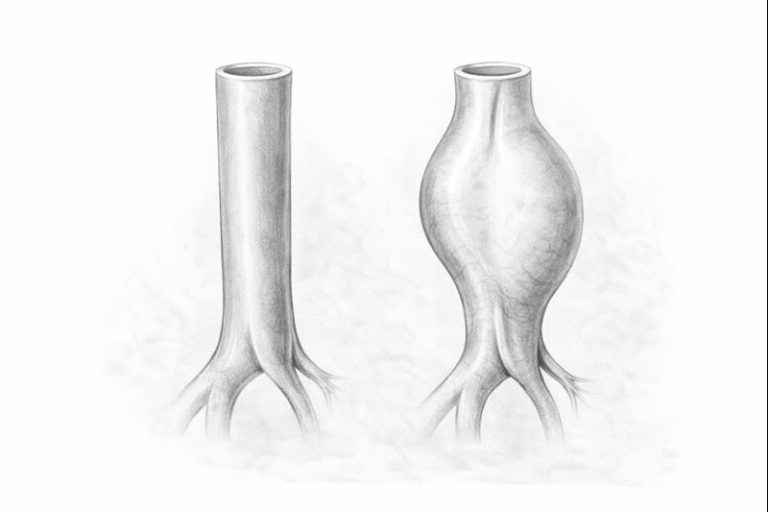
Aortic Diseases
Aortic diseases pose life-threatening risks due to sudden tears or abnormal dilatation of the aorta. Early diagnosis and timely surgical intervention are life-saving.
Learn More →
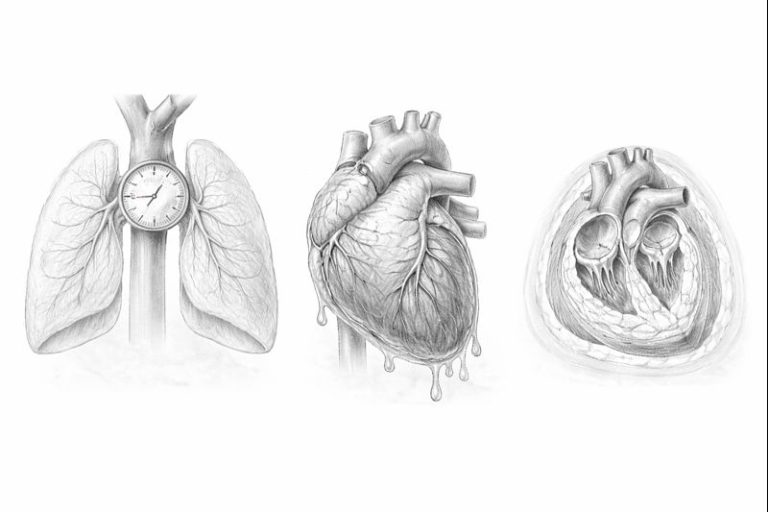
Advanced-Stage Heart Diseases
In complex cases requiring advanced expertise—such as chronic thromboembolic pulmonary hypertension (CTEPH), pericardial diseases, and advanced heart failure—the most up-to-date surgical methods are applied to improve both quality of life and survival.
Vascular Diseases
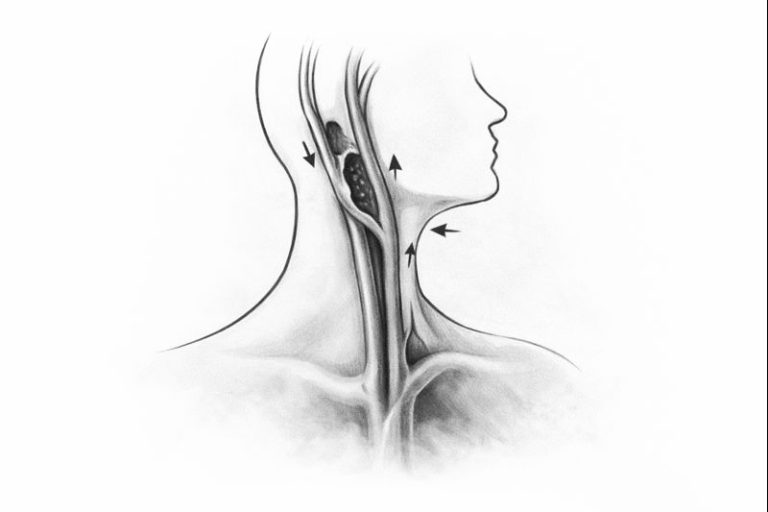
Carotid Artery Disease
Narrowing of the carotid arteries supplying blood to the brain may increase the risk of stroke. Early diagnosis and surgical intervention can prevent permanent neurological damage.
Learn More →
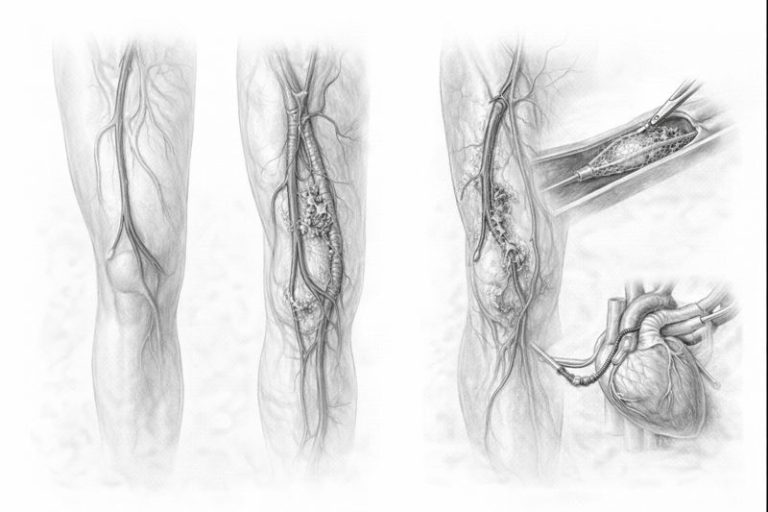
Peripheral Artery Disease (PAD)
Narrowing or blockage of the leg arteries can cause pain and difficulty walking. With early intervention and modern surgical techniques, the risk of limb loss can be effectively prevented.
Learn More →
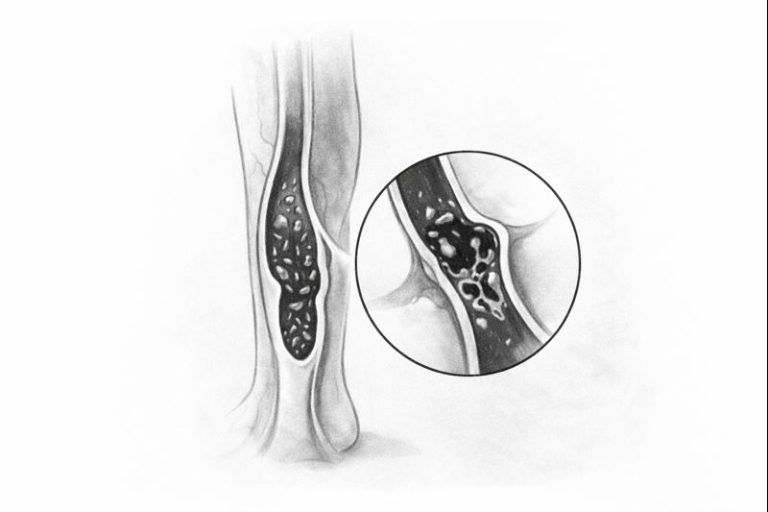
Deep Vein Thrombosis (DVT)
Blood clots forming in the deep veins of the legs may migrate to the lungs and become life-threatening. Prompt diagnosis and treatment are critical.
Learn More →
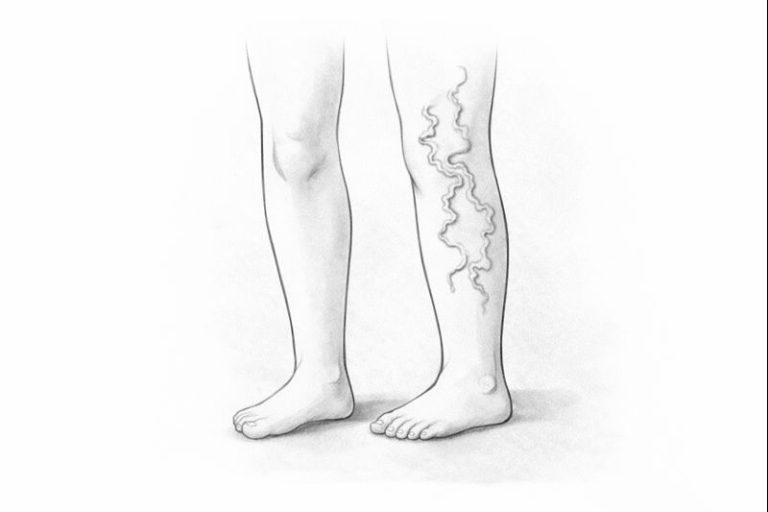
Varicose Veins: Symptoms, Causes, and Effective Treatment Methods
Varicose veins, caused by dilation of superficial veins, can lead to both aesthetic concerns and health problems. Effective treatment is possible with modern medical approaches.
Learn More →

About
With more than 30 years of experience in cardiovascular surgery, Prof. Dr. Selim İsbir has led pioneering national and international work, particularly in aortic aneurysm surgery, valve repair, and minimally invasive cardiac surgery. After completing advanced training in the United States and Europe, he currently provides care to his patients at Yeditepe University Hospital.
Frequently Asked Questions Library
You can find answers to all your questions about treatment processes by selecting the relevant category below.
